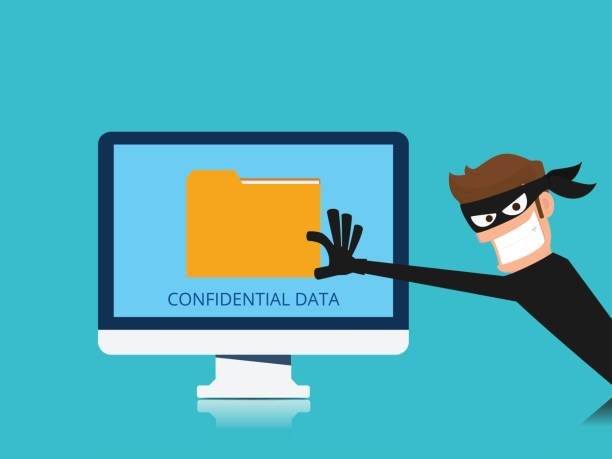Which ACT is Violated when Posting Private Information of Someone on Social Media
Skip to content
Skip to sidebar
Skip to footer
Which ACT is Violated when Posting Private Information of Someone on Social Media
Which ACT is Violated when Posting Private Information of Someone on Social Media


